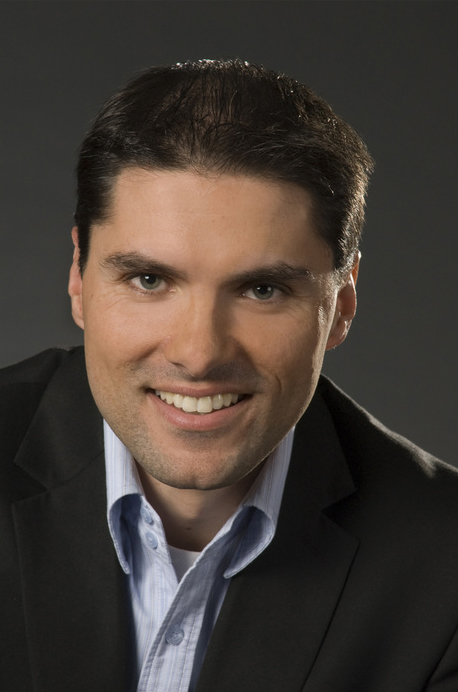Blaze Your Own Trail
“Education is the process of living and not a preparation for future living,” the influential education reformer John Dewey once said. How does this apply to a college education in music and in blazing your own trail within it?

Sean Hagon
Susan Wilson
So much of today’s commercial music industry encompasses many career paths: the singer/songwriter, film composer, sound designer, producer, manager, record label executive, educator, performer, and the list goes on. A single artist can share several career paths. The aforementioned quote by Dewey speaks volumes as to how we prepare today’s aspiring artist-entrepreneurs and musicians for an ever-changing music industry. To continually succeed, a musician has to wear multiple hats and use multiple skills, in addition to an entrepreneurial mind-set. This requires current and prospective Berklee students to take an entrepreneurial approach to their education. They need to consider multiple paths of study directly aligned with their career goals while adapting to the ever-changing music industry landscape.
A professional music major provides students the opportunity to blaze their own trail. They have the freedom—with some guidance, of course—to explore, dream, live, and feel inspired. Freedom of choice, which is at the heart of the professional music major, gives students the opportunity and the process to reach their aspirations for their art.
But achieving a high level of skill and expertise when pursuing a “concentration” as it is known in professional music seems like an impossible task with so many available subjects to study. The freedom of choice in professional music is grounded in a clear structure and foundation. Concentrations range from one to three disciplines, with a minimum of three to four courses in each discipline. This allows a huge number of combinations directly aligned with one’s goals. The professional music major through an intensive advising process requires students to complete coursework specifically designed to promote strategies for independent music success, which will prepare them for the industry.
In addition to students developing a high level of proficiency in their designated area of concentration, the professional music major now requires students to fulfill a professional music core of courses. While maintaining the freedom of choice, students select courses from each of the following core areas: music production, music business, professional music (which includes financial management), artist entrepreneur, private music studio teacher, computer applications, internship, movement for musicians, general business gig, and then the approved specified electives area such as labs, ensembles, or private instruction on a primary or secondary instrument. Professional music core students must also complete the business of professional music coursework, which explores in detail strategies for independent music success. Finally, in the capstone project, they synthesize all they have learned in the concentration and demonstrate that they can effectively apply the acquired skills and knowledge to their career goals.
Why not be a music educator who is also a composer for film, TV and multimedia and owns a music production company? Why not be a music producer who founds a nonprofit humanitarian project aimed at improving health care with the healing power of music? Why not be a philosopher who is also a specialist in music and works with students with special needs? Or a music entrepreneur who starts his or her own cake company and competes on national television? Each of these combinations represents an actual career choice of professional music students and alumni.
The choices are as unlimited as are the possibilities. As a result, students emerge from the major and their education believing that what they have learned is relevant, applicable real-world knowledge tempered with an entrepreneurial spirit for continued learning and adaptation throughout their careers.
Consider how you will blaze your own trail in the continued pursuit of, as John Dewey put it, the “process of living and not a preparation for future living.”



